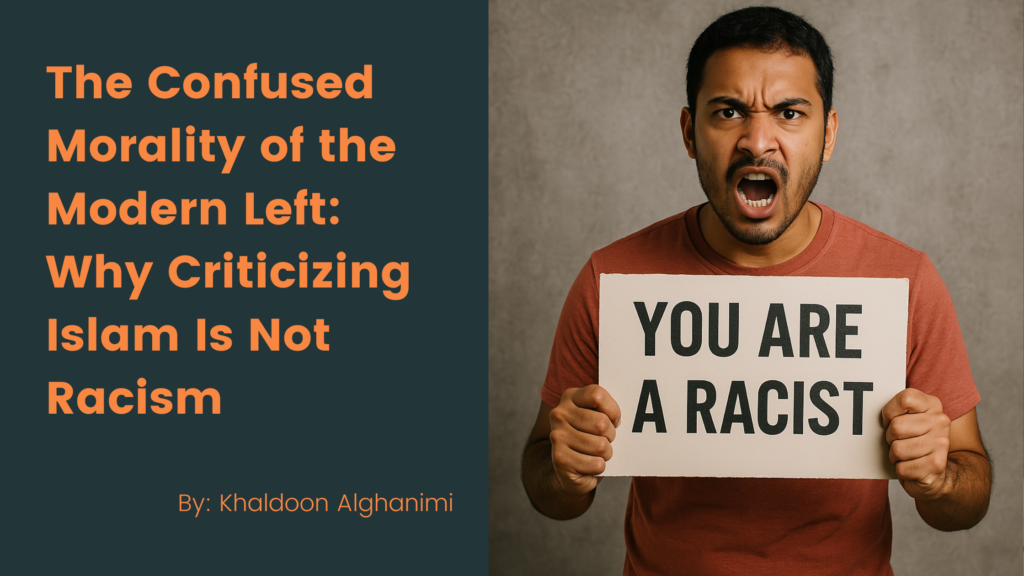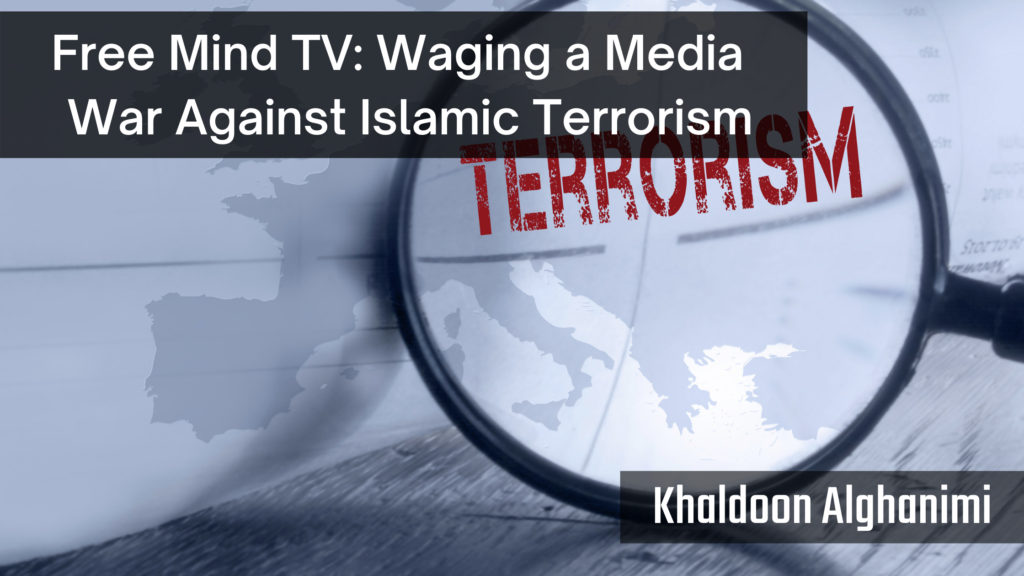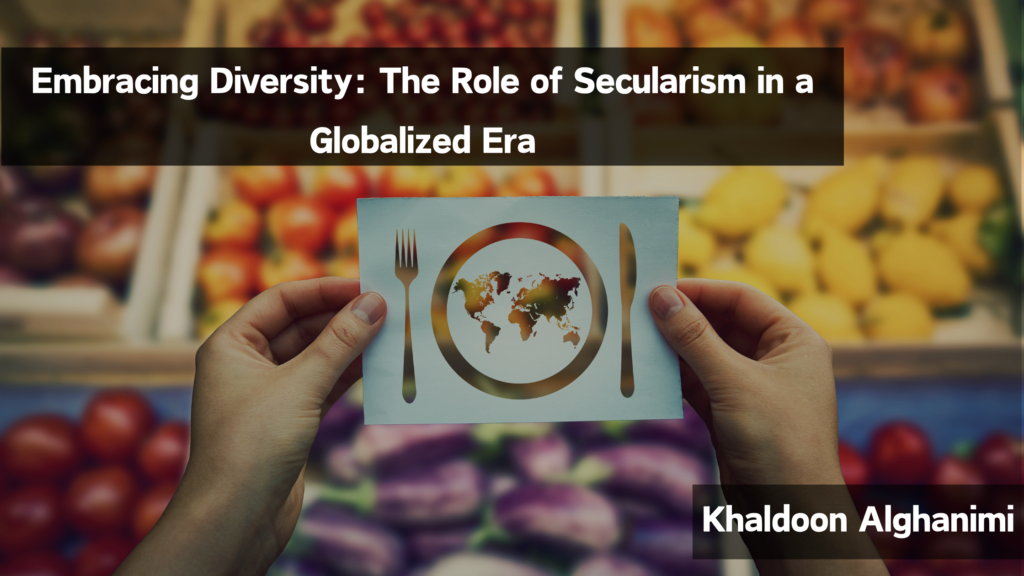In contemporary discourse, a troubling trend has emerged, particularly among progressives and left-leaning intellectuals: Many progressives mistakenly equate Islamic criticism with racial discrimination. The political left views any kind of critical analysis about Islamic teachings and customs as bigotry which manifests as xenophobia and racism against people of color. Intellectual laziness together with moral cowardice has generated a thoroughly dishonest and counterproductive atmosphere that impedes meaningful dialogue on topics like religion, freedom, and human rights.
The primary source of this misunderstanding stems from the belief that any critique of Islamic beliefs or non-Western ideologies automatically becomes an act of racial discrimination against Arabs and Middle Eastern people. The assumption shows a dangerous double standard because Islam represents a belief system that people from diverse ethnic backgrounds follow rather than a race. Scholars who critique Christian teachings and Catholic customs along with Jewish religious beliefs seldom face accusations of racism or cultural domination. As soon as Islam becomes the topic of discussion a defensive barrier emerges which brands anyone who critiques the religion as hateful or racist.
Let’s be clear: religion is a set of ideas. People deserve respect; ideas do not. Society must evaluate ideas regardless of their popularity or sacred status since protecting religious beliefs from criticism contradicts the principles of an open and free society. The necessity to critique religious beliefs becomes both logical and ethical when they serve to support misogyny, homophobia, violence, censorship or political oppression especially prevalent in many Islamic settings.
Progressives who identify as champions of women’s rights and LGBTQ+ equality along with free expression find themselves ironically at odds with conservative Islamic law interpretations. The left abandons its core values to embrace a shallow multiculturalism that confuses moral relativism with tolerance whenever Islamic issues arise.
An atheist displays stronger criticism towards Islam compared to Anglicanism. People often suspect that such focus indicates an underlying hatred toward Arabs or Muslims. But this accusation collapses under basic scrutiny. The scientific community does not label cancer researchers as “anti-human” when they choose to study lung cancer instead of skin cancer. Atheists or secular thinkers often show more concern for Islam because it currently represents a stronger and more dominant religious force compared to other religions in various parts of the world. Islamic religious teachings control how over a billion people live and what laws they follow while several Muslim-majority countries enforce death penalties for apostasy and blasphemy offenses. This issue extends beyond theological eccentricity and represents a fundamental life and death matter.
What prompts many people on the left to instinctively defend Islam? A sincere wish to shield minority groups from hate and discrimination explains this protective stance in part. The lasting effects of Western imperialism in our post-colonial world create an instinctive responsibility to protect marginalized groups from additional harm. Positive intentions frequently fail to produce beneficial results. The outcome of this dynamic creates a patronizing infantilization of entire communities which portrays Muslims as vulnerable individuals unable to withstand intellectual challenges that other groups routinely face.
A false sense of unity under the guise of solidarity creates more damage than it offers support. The Western left’s refusal to critique oppressive systems results in silencing important voices from Muslim communities including ex-Muslims, reformers, feminists and human rights activists who risk their lives to oppose these systems. When you state you support the oppressed you have to support those who fight against oppressive religious regimes instead of backing the ideologies that support that oppression.
I speak from first-hand experience rather than from an external perspective.
As a native Arabic speaker with brown skin I engaged deeply with Islamic scholarship. My criticisms of Islam developed not from ignorance or prejudice but through deep understanding and extensive study which eventually led to my disillusionment. My departure from Islam stemmed not from a desire to adopt Western ways or gain approval from a hypothetical white audience but from my inability to align its teachings with logic and ethical standards as well as personal liberty.
Does that make me a racist? By rejecting oppressive doctrines I face accusations of Arab self-hatred? Is it possible that the left would accept my criticisms if I wrote only in Arabic? Would they feel relief if I shared these opinions in Arabic because no Western audience could challenge their perspective through such a language barrier?
These questions address the core paradoxes we currently face. The modern left supports “lived experience” narratives until they contradict established ideological principles. When an ex-Muslim shares their personal experience it is commonly rejected and labeled as internalized colonialism by those who hold opposing ideological beliefs.
The principles that liberal societies promote such as free speech and personal freedom should not be mistaken for exclusively Western traditions. They are universal human aspirations. The argument that Islam criticism amounts to hating “brown people” demonstrates intellectual emptiness while offending countless brown individuals who seek nothing more than to live in a society characterized by freedom, rationality, and justice.
The question “Why do you guys hate brown people so much?” functions as a dismissive tactic to end dialogue instead of promoting mutual comprehension. The implication that outspoken critics express their views out of prejudice fails to recognize their true motivation which stems from dedication to human dignity alongside freedom and truth. This mindset serves to destroy bridges instead of building them.
The left needs to recover its ability to lead progress and justice through an honest examination of all belief systems including religious ideologies. The struggle for human rights goes beyond the limits set by cultural sensitivity. Remaining quiet in the conflict between established beliefs and rational thought turns into an act of treachery instead of a virtue.



